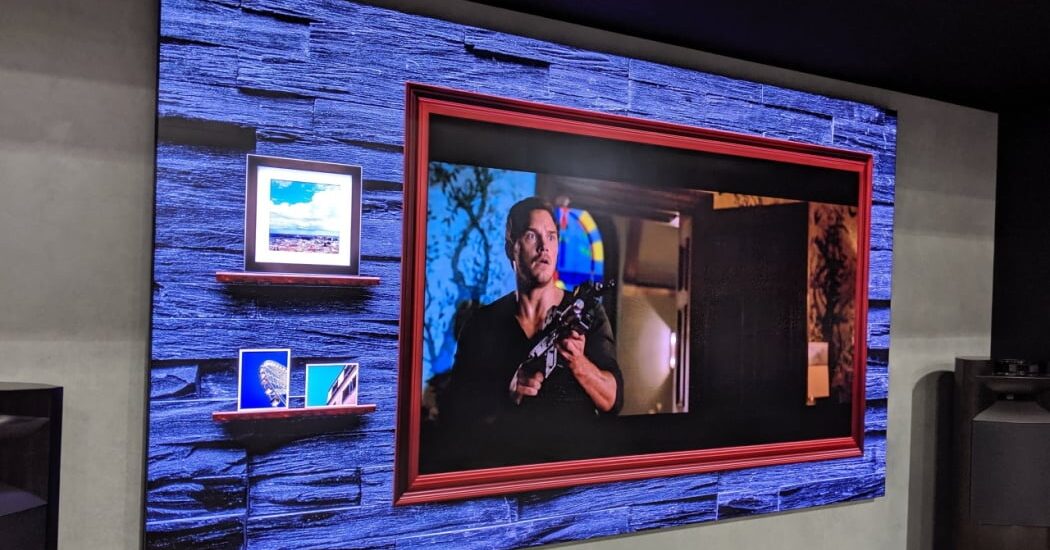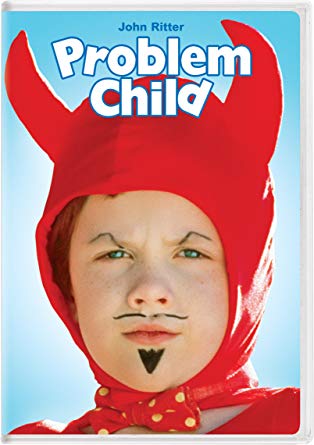sales evaluation
-
Data – Top Salespeople are 631% More Effective at This Than Weak Salespeople (The Bob Chronicles – Part 3)
- January 26, 2021
- Posted by: Dave Kurlan
- Category: Understanding the Sales Force

Bob is up to his old tricks. If you don’t know who Bob is, you can learn about his sales misadventures in this article on not properly selling a trial, and this article about not selling value. Both articles are of the must-read variety.
So what did Bob do to piss me off this week?
-
Why Sales Transformation Achieves Better Results Than Sales Training Alone
- January 22, 2021
- Posted by: Dave Kurlan
- Category: Understanding the Sales Force

You brought in sales training but it didn’t achieve the expected change because the training didn’t address the bigger problems that went beyond selling skills. You may not have realized that companies really need sales transformation and while sales training can be part of that transformation, on its own, it usually underperforms.
Why?
-
My Prediction – What’s in Store for Sales Teams in 2021?
- January 8, 2021
- Posted by: Dave Kurlan
- Category: Understanding the Sales Force

When I made my predictions for 2020 I’m pretty sure I didn’t predict a pandemic. Making predictions isn’t easy.
In the US, sales teams are coming off three robust years of sales growth and while revenue was up during that time, the percentage of salespeople hitting quotas was not. That means the top 20% were not only carrying the load, they carried more of the load.
That dynamic growth hit an iron barrier last spring when COVID became the unexpected economic disrupter, but the second half comeback was quite impressive. What does 2021 have in store for those of us in the sales world? In the US, how will Democrat control of all three branches of government affect sales and selling? And how long before that kicks in?
-
The Difference Between OMG and Extended DISC Assessments
- October 7, 2020
- Posted by: Dave Kurlan
- Category: Understanding the Sales Force

When it comes to sales assessments, things are also not what they appear to be. For example, take the FinXS Extended DISC which, at first glance, appears to have much in common with Objective Management Group’s (OMG) Salesperson Evaluations and Sales Candidate Assessments. But are they the same, similar, or is it more like the Chinese rip-off?
Let’s take a look under the hoods of both assessments and then you can decide. We’ll begin with a comparison of the two respective dashboards.
-
What to Do with the Salespeople Who Become Your Biggest Problem
- May 3, 2019
- Posted by: Dave Kurlan
- Category: Understanding the Sales Force

I coach a lot of sales managers and sales leaders and when I ask them what they want help with today, it’s rarely a big opportunity, it’s seldom coaching best practices, it’s hardly ever targeted metrics for their team, and it’s almost unheard of for them to request that I help them improve as sales managers, Oh no. They almost always want help with their biggest problem child.
-
Rejection – Why it is the #1 Enemy in Modern Selling
- April 3, 2014
- Posted by: Dave Kurlan
- Category: Understanding the Sales Force
For a change, rather than contributing to all the noise about inbound replacing outbound, inside replacing outside, insights replacing sales steps, buyers’ process replacing sales process, let’s talk about something that has a huge, relevant impact on selling, regardless of how the opportunity came to be.
-
Validation of the Validation of the Sales Assessment
- October 4, 2013
- Posted by: Dave Kurlan
- Category: Understanding the Sales Force
One of the companies that insisted on validating our validation is moving forward with a license to hire 200 salespeople using our Sales Candidate Assessment. I’ll share the results of their own validation:
They conducted a 7-day pilot and hired 23 salespeople.
-
Why Your Lowest Price Can Be a Barrier to Closing Sales
- August 2, 2012
- Posted by: Dave Kurlan
- Category: Understanding the Sales Force
It’s not about prices, presentations or building value; it’s about putting prices in the context of what those prices will buy. Compare the two examples above and you’ll see both the answer and the obstacle. The answer is the context.
-
What Leads to Salespeople Underperforming?
- July 16, 2012
- Posted by: Dave Kurlan
- Category: Understanding the Sales Force
Doesn’t it drive you mad when terrific, yet underperforming salespeople, take time off for their car to be serviced, to bring their pets to the vet, to spend time with visiting family members, to work out of the house, when they feel under the weather, to meet a with a contractor, for the dentist, for their annual physical, etc? Take a vacation – no problem – but if you’re not on vacation, then work for crying out loud!
-
How Do Sales Professionals Stay Motivated?
- July 12, 2012
- Posted by: Dave Kurlan
- Category: Understanding the Sales Force
The most important thing to understand is that when someone must ask how to motivate their salespeople, they may not have the right salespeople!

